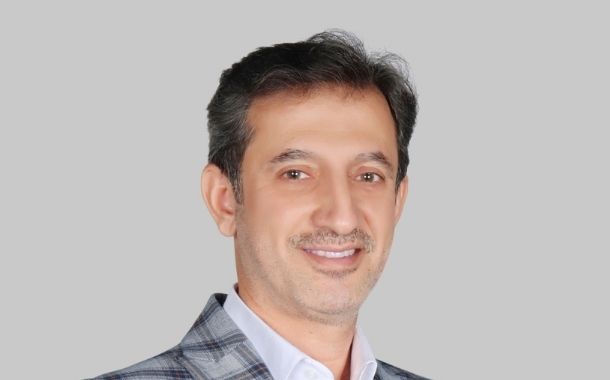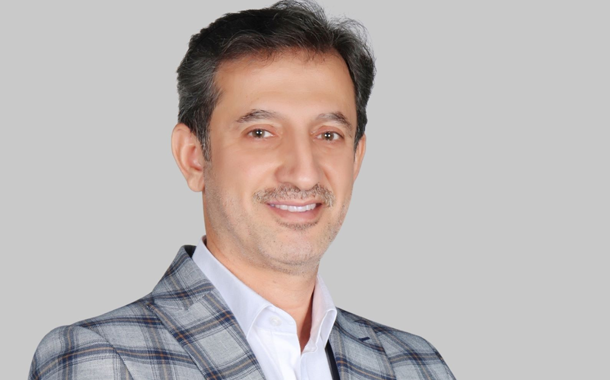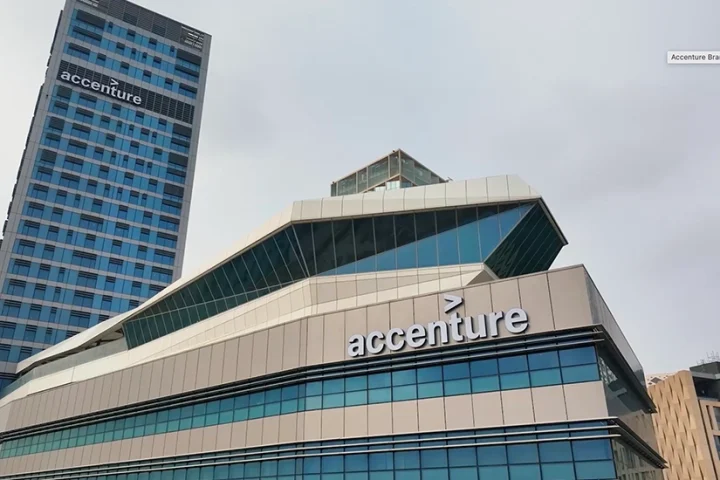Nexans Telecom & Data division, a supplier of end- to-end network infrastructure solutions, announced the opening of its office at Al Muruj in Riyadh, Saudi Arabia. In addition to Nexans Middle East hub in Dubai, this move increases Nexans presence in the Middle East, while bringing it closer to its customers and channel partners.
The expansion, a natural evolution of Nexans growth strategy, will enable it to provide better, more tailored services to clients in Saudi Arabia and wider region, which includes its latest fiber and copper structured cabling solutions, data center solutions and Fibre To The Office (FTTO) concept.
While there is increasing demand for flexible and scalable networking solutions inside commercial office buildings, Healthcare and Airport infrastructures, but also data centers, now enterprises are also looking at future sustainability and carbon footprint. Nexans will continue looking for opportunities for further growth in the Middle East region, while strengthening its position as a reliable partner for LAN & Data Center projects throughout the region.
From its new office in Riyadh, Nexans is well positioned to deliver the latest in technology, including flexible and scalable LAN and data center solutions, while providing local on-ground support to customers in Saudi Arabia
“Even within the region, and in Saudi Arabia, a hybrid workforce is increasingly becoming a reality in 2022 and beyond. Data centers and commercial networking systems are now required to cope with increasing demands for changes like the usage of more applications along with the convergence of networks. This ongoing transformation requires urgent attention to be paid to existing infrastructure and planning for the changes ahead,” said Arafat Yousef, Managing Director Middle East & Africa, Nexans Data Network Solutions.
“We are expecting growth to return to data center systems over the next two years. By opening our Nexans Data Network Solutions office in Riyadh, we are well positioned to deliver solutions to boost digital transformation and support the growing hybrid workforce,” Yousef concluded.

























